A study of cloud computing and its impact on the external audit profession in Egypt
Written by: Dr. Sayyida Ahmed Ahmed Hassan
First: Background and importance of the study
In light of rapid technological developments, cloud computing and its impact on the external audit profession in Egypt have emerged as a topic of paramount importance, particularly given the qualitative shift it represents in financial and accounting work methods.
This study of cloud computing and its impact on the external audit profession in Egypt highlights this direct and indirect impact, addressing the challenges and opportunities presented by cloud computing in the Egyptian environment, particularly with regard to external auditing, which constitutes a pillar of trust in corporate financial reports.
The researcher explains that the topic of cloud computing and its impact on the external audit profession in Egypt has not been adequately studied in the Egyptian context, despite its global reach. This makes this study fill a significant scientific gap and provide an important analytical insight for professionals in both the professional and academic fields.
Second: The role of cloud computing in reshaping audit tasks
The study indicates that cloud computing and its impact on the external audit profession in Egypt are not limited to technological changes, but extend to new concepts such as reliability, speed of access, and data security, which are transforming the traditional auditing approach.
Auditors no longer deal with rigid papers and reports, but rather with cloud-based databases that require advanced analytical skills and an understanding of the technical architecture of the systems used by companies.
Third: Types and models of cloud computing
The study examined modern classifications of cloud computing, explaining that understanding these types is essential for analyzing cloud computing and its impact on the external audit profession in Egypt. It classified them into:
- Infrastructure as a Service (IaaS)
- Platform as a Service (PaaS)
- Software as a Service (SaaS)
- Data as a Service (DaaS)
It also explained the deployment models: public, private, community, and hybrid cloud, each of which imposes different scenarios on the way data is accessed and reviewed, which requires the auditor to be qualified to understand this cloud architecture.
Fourth: Analysis of previous studies and their role in supporting the theoretical framework.
The study of cloud computing and its impact on the external audit profession in Egypt relied on a number of previous studies that discussed cloud computing or external auditing, such as studiesChen, Santos, and Velázquez, which gives scientific credibility to understanding cloud computing and its impact on the external audit profession in Egypt. The researcher explained the similarities and differences between her research and those studies, and also highlighted the distinctive aspects that the current study added, especially in the Egyptian context.
Fifth: Methodology and study tool
The researcher used a descriptive-analytical approach and administered a questionnaire to a sample of external auditors in Egypt. The results confirmed that there is a growing awareness of the importance of cloud computing and its impact on the external audit profession in Egypt. However, practical implementation still faces challenges related to technical expertise, information security, and a lack of training.
Sixth: Results and analysis
A study of cloud computing and its impact on the external audit profession in Egypt concluded with a number of important findings, including:
- Cloud computing positively impacts the speed and quality of external audits.
- There are high risks related to data confidentiality and companies' dependence on third parties.
- Reviewers suffer from a knowledge gap regarding dealing with cloud tools.
- The lack of clear legislation regulating the relationship between companies and cloud service providers.
It has been shown that cloud computing and its impact on the external audit profession in Egypt is not merely a technical luxury, but a professional necessity that requires a comprehensive update of traditional audit tools and methods.
Seventh: Proposed recommendations
The researcher presented a set of important recommendations, most notably:
- Updating university curricula to include courses on cloud computing in the accounting context.
- Organizing specialized training courses for external auditors on cloud auditing techniques.
- Establishing new professional standards and legislation to keep pace with the technological reality.
Enhancing cooperation between regulatory bodies, academic institutions, and professional organizations to enable cloud computing and its impact on the external audit profession in Egypt in a disciplined and secure manner.
Eighth: Future outlook
In conclusion, the study of cloud computing and its impact on the external audit profession in Egypt confirms that cloud computing and its impact on the external audit profession in Egypt represent a strategic focus for the future of accounting work, especially in light of the accelerating digitization of the Egyptian economy. Despite the challenges accompanying this transformation, the potential benefits of using cloud computing in the external audit environment far outweigh the obstacles, provided they are accompanied by institutional and legislative awareness and professional readiness to adapt to the new phase.
With the increasing reliance on technology, the relationship between cloud computing service providers and external auditors has become a complex one, requiring a recalibration of concepts of responsibility and trust. The study demonstrates that cloud computing and its impact on the external audit profession in Egypt are not limited to how data is stored or accessed, but also include the credibility of the service provider and ensuring its compliance with international standards for cybersecurity and data governance. For example, if a company relies on external servers to host its accounting systems, the external auditor needs to obtain what are known as "trusted third party" reports or accredited security certificates before issuing any professional opinion on the fairness of the financial statements.
The study of cloud computing and its impact on the external audit profession in Egypt notes that some auditors may be reluctant to accept audit assignments from organizations using a cloud environment, especially if that environment lacks transparency or does not provide effective channels for accessing data. This makes it imperative to revisit the professional relationship between auditors and service providers through clear legal and professional frameworks.
In this context, it is important to raise companies' awareness of the impact of choosing a service provider on audit credibility, and consequently on investor confidence. Thus, cloud computing and its impact on the external audit profession in Egypt now require everyone—institutions, auditors, and legislators—to adopt a comprehensive and integrated vision for developing the regulatory environment to ensure efficiency, credibility, and transparency..
You can download the study on cloud computing and its impact on the external audit profession in Egypt directly from here.
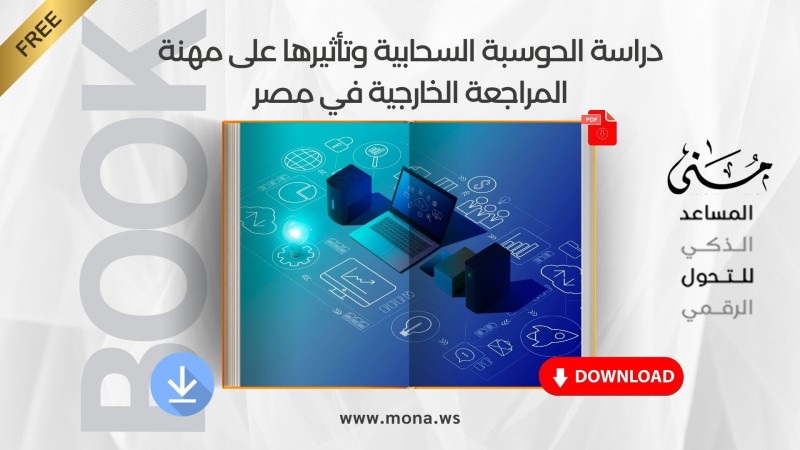 يمكنك تحميل دراسة الحوسبة السحابية وتأثيرها على مهنة المراجعة الخارجية في مصر مباشرةً من هنا.
يمكنك تحميل دراسة الحوسبة السحابية وتأثيرها على مهنة المراجعة الخارجية في مصر مباشرةً من هنا.
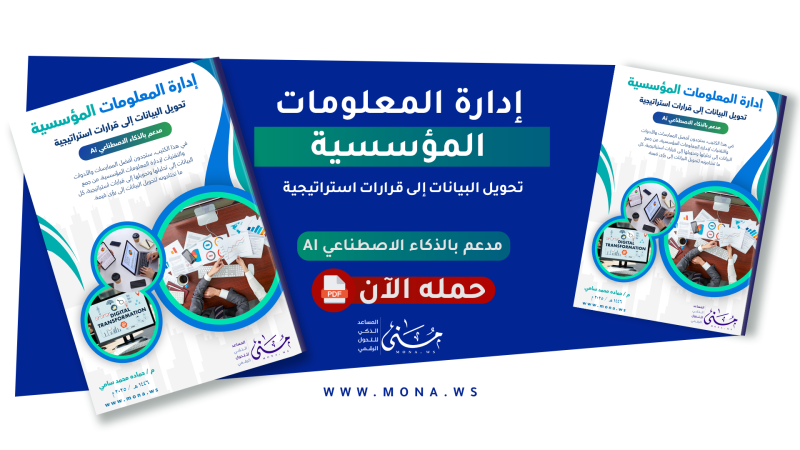
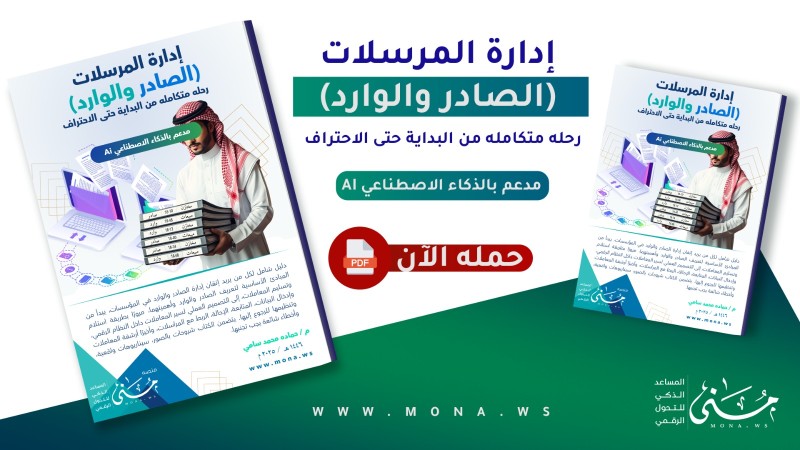
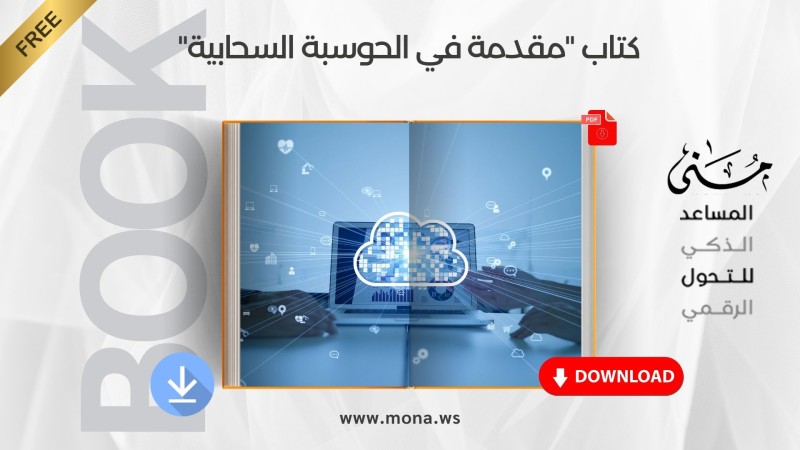

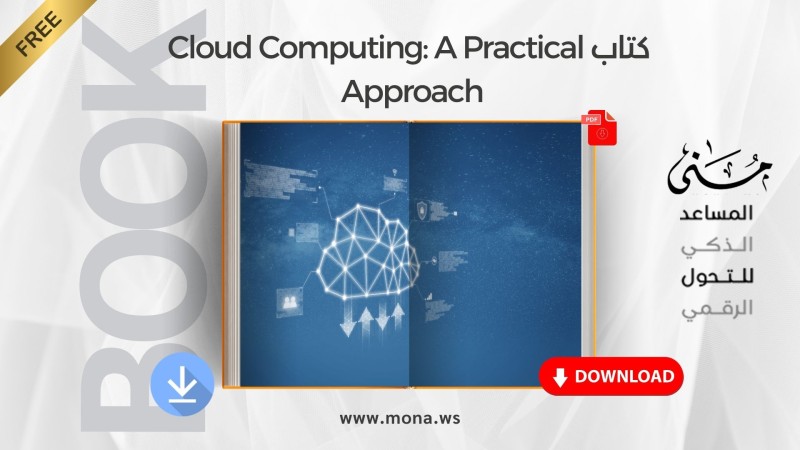
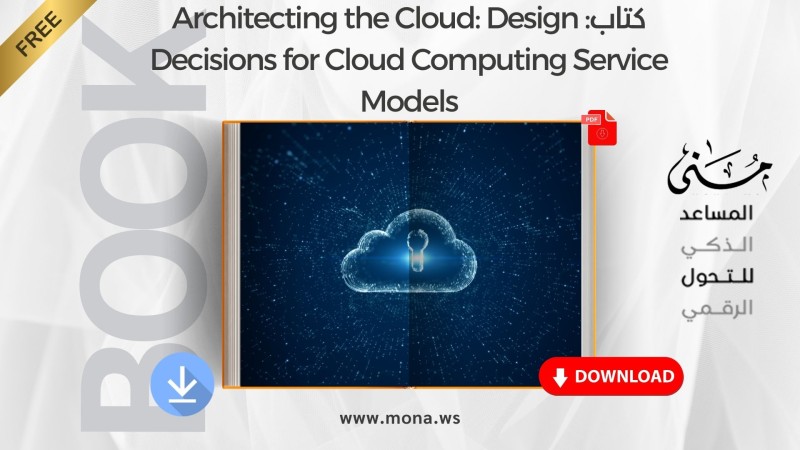
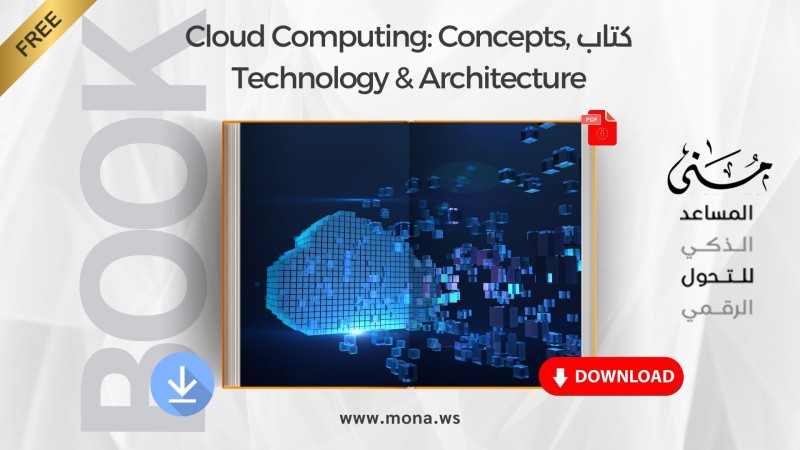
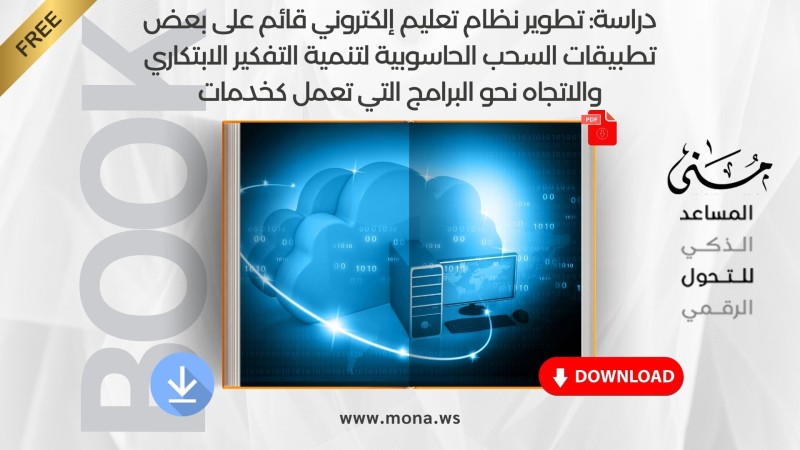
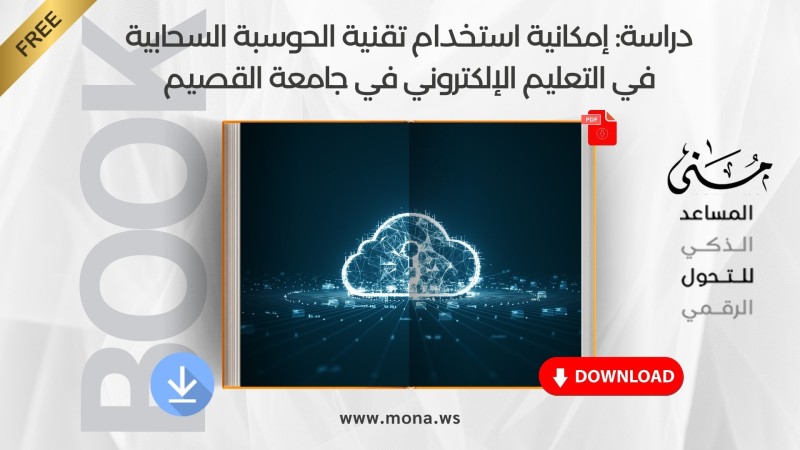
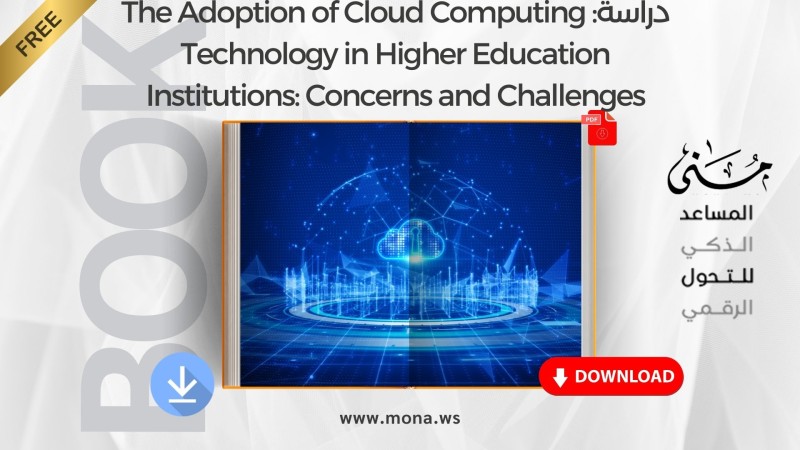
Comments
Add New Comment